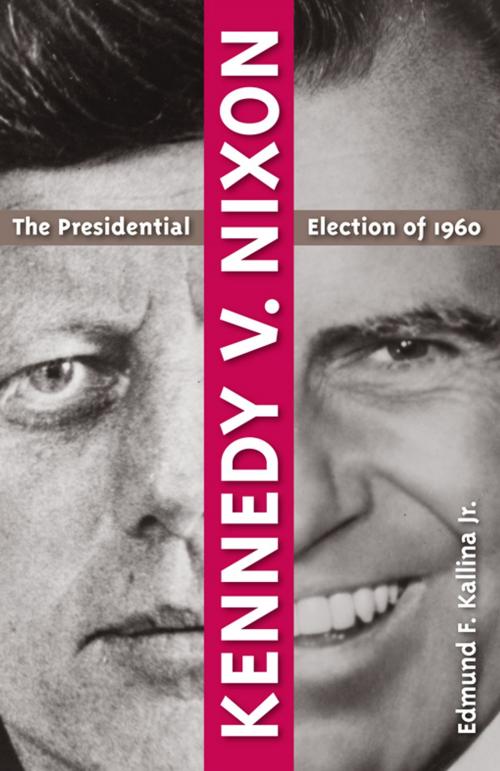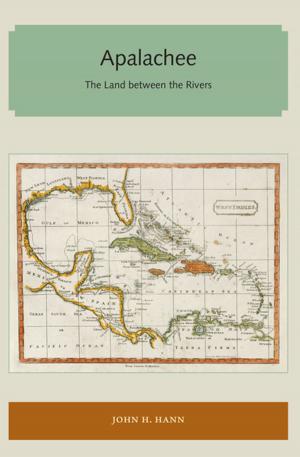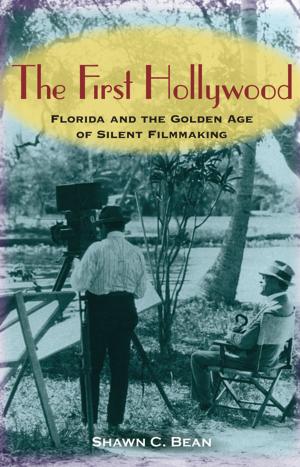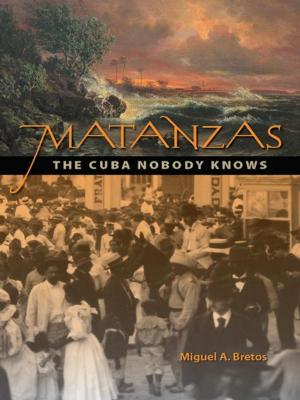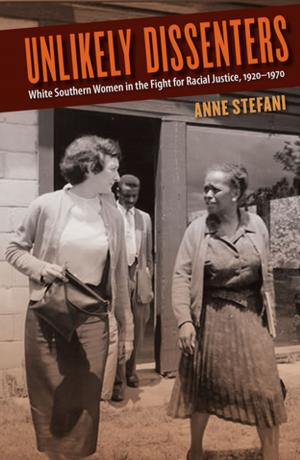Kennedy v. Nixon
The Presidential Election of 1960
Nonfiction, History, Americas, United States, State & Local, Social & Cultural Studies, Political Science, Government, Elections| Author: | Edmund F. Kallina Jr. | ISBN: | 9780813042930 |
| Publisher: | University Press of Florida | Publication: | September 26, 2010 |
| Imprint: | University Press of Florida | Language: | English |
| Author: | Edmund F. Kallina Jr. |
| ISBN: | 9780813042930 |
| Publisher: | University Press of Florida |
| Publication: | September 26, 2010 |
| Imprint: | University Press of Florida |
| Language: | English |
Kennedy v. Nixon is a book for everyone who thinks they know what happened in the pivotal election year of 1960. For fifty years we've accepted Theodore White's premise (from The Making of the President, 1960) that Kennedy ran a brilliant campaign while Nixon committed blunder after blunder.
But White the journalist was a Kennedy partisan and helped establish the myth of Camelot. Now, five decades later, Edmund Kallina offers a fresh overview of the election's most critical and controversial events.
Based upon research conducted at four presidential libraries--those of Eisenhower, Kennedy, Johnson, and Nixon--Kallina is able to make observations and share insights unavailable in the immediate aftermath of one of the closest races in American presidential history. He describes the strengths and mistakes of both camps, and examines the impact of civil rights, Cold War tensions, and the televised presidential debates on an election that still looms large in both the political history and the popular imagination of the United States.
Kennedy v. Nixon is a book for everyone who thinks they know what happened in the pivotal election year of 1960. For fifty years we've accepted Theodore White's premise (from The Making of the President, 1960) that Kennedy ran a brilliant campaign while Nixon committed blunder after blunder.
But White the journalist was a Kennedy partisan and helped establish the myth of Camelot. Now, five decades later, Edmund Kallina offers a fresh overview of the election's most critical and controversial events.
Based upon research conducted at four presidential libraries--those of Eisenhower, Kennedy, Johnson, and Nixon--Kallina is able to make observations and share insights unavailable in the immediate aftermath of one of the closest races in American presidential history. He describes the strengths and mistakes of both camps, and examines the impact of civil rights, Cold War tensions, and the televised presidential debates on an election that still looms large in both the political history and the popular imagination of the United States.
